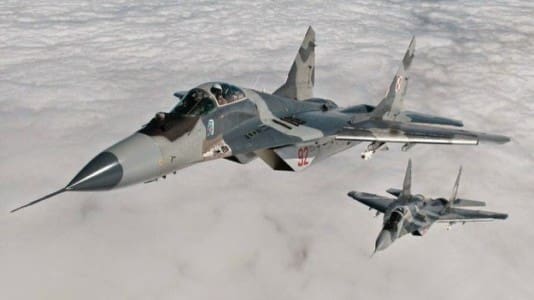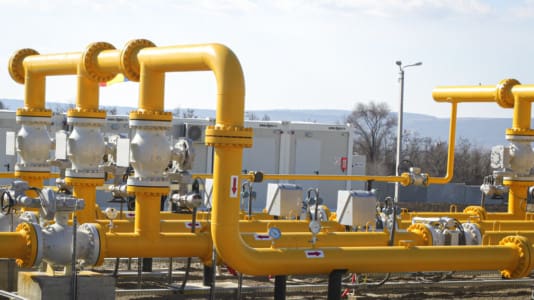The cost of war between Ukraine and Russia must not be paid by Hungarian families, Hungarian Prime Minister Viktor Orbán stated following talks on Tuesday between the United Kingdom and the Visegrád nations of Hungary, Poland, the Czech Republic, and Slovakia.
In a pre-recorded address published on his social media platforms, Orbán revealed that the invasion of Ukraine by Russian forces had dominated the talks, and urged for the a swift conclusion to the crisis.
“It is clear that we are all interested in ending this war as soon as possible and in a negotiated manner,” Orbán declared, insisting that the economic sanctions imposed on Russia by the West had affected everyone in Europe, and Hungary was no exception.
The Hungarian prime minister highlighted his opposition to gas and oil sanctions being imposed on Russia, arguing that these would hit Hungarian families hard.
“The extension of sanctions to the energy sector, oil and gas sector would be a disproportionate burden for Hungary. That is why I have made it clear that we condemn Russia’s armed attack, we also condemn the war, but we will not allow the price of the war to be paid to Hungarian families! Therefore, sanctions should not be extended to oil and gas,” Orbán said.
He also reiterated that majority of the oil and natural gas in Hungary comes from Russia, and with 90 percent of Hungarian families heating their homes with gas, the Hungarian economy simply could not function without gas and oil.
“At present, there is no effective substitute for Russian gas supplies, and stopping them would do more damage to the EU than to Russia,” Pavol Kubík, a spokesman for the Slovak gas transmission company Slovak Eustream, told news portal Új Szó. “The supply would clearly decrease, which would have various regional consequences,” he added.
British Prime Minister Boris Johnson tweeted his thanks to the Visegrád nations for their “vital support to the Ukrainian people fleeing Putin’s abhorrent invasion and subjugation,” and late on Tuesday the British government announced that it would cut off Russian oil supplies by 2023 and look into the possibility of replacing Russian gas, refusing to rule out a lift on the country’s fracking ban. The United Kingdom, however, currently imports just 8 percent of its oil and 4 percent of its natural gas from Russia.
At the same time, the United States has announced a ban on Russian imports of oil, gas and coal, placing further pressure on Moscow.





